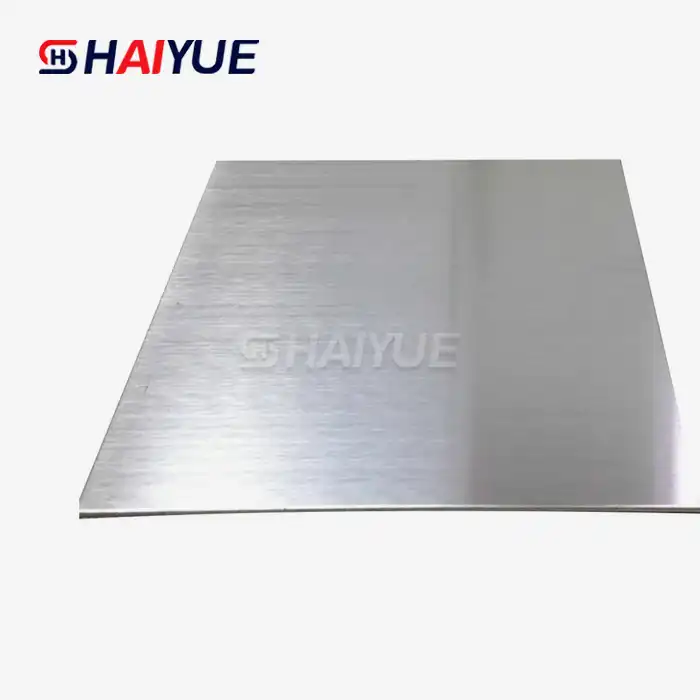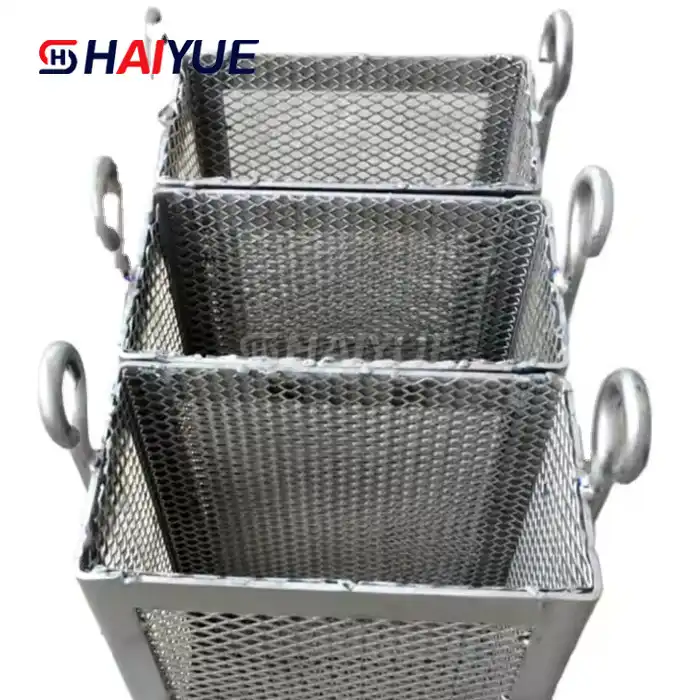- English
- French
- German
- Portuguese
- Spanish
- Russian
- Japanese
- Korean
- Arabic
- Greek
- German
- Turkish
- Italian
- Danish
- Romanian
- Indonesian
- Czech
- Afrikaans
- Swedish
- Polish
- Basque
- Catalan
- Esperanto
- Hindi
- Lao
- Albanian
- Amharic
- Armenian
- Azerbaijani
- Belarusian
- Bengali
- Bosnian
- Bulgarian
- Cebuano
- Chichewa
- Corsican
- Croatian
- Dutch
- Estonian
- Filipino
- Finnish
- Frisian
- Galician
- Georgian
- Gujarati
- Haitian
- Hausa
- Hawaiian
- Hebrew
- Hmong
- Hungarian
- Icelandic
- Igbo
- Javanese
- Kannada
- Kazakh
- Khmer
- Kurdish
- Kyrgyz
- Latin
- Latvian
- Lithuanian
- Luxembou..
- Macedonian
- Malagasy
- Malay
- Malayalam
- Maltese
- Maori
- Marathi
- Mongolian
- Burmese
- Nepali
- Norwegian
- Pashto
- Persian
- Punjabi
- Serbian
- Sesotho
- Sinhala
- Slovak
- Slovenian
- Somali
- Samoan
- Scots Gaelic
- Shona
- Sindhi
- Sundanese
- Swahili
- Tajik
- Tamil
- Telugu
- Thai
- Ukrainian
- Urdu
- Uzbek
- Vietnamese
- Welsh
- Xhosa
- Yiddish
- Yoruba
- Zulu
High-Quality Industrial Titanium Plates for Heavy Industries
In the world of heavy industries, where strength, durability, and performance are paramount, industrial titanium plates have emerged as a game-changer. These remarkable materials have revolutionized various sectors, offering unparalleled benefits that make them indispensable in modern manufacturing and engineering. Let's dive into the world of industrial titanium plates and explore their incredible properties, applications, and why they're becoming the preferred choice for heavy industries worldwide.

The Remarkable Properties of Industrial Titanium Plates
Industrial titanium plates are not your average metal sheets. They possess a unique combination of properties that set them apart from other materials commonly used in heavy industries. First and foremost, titanium boasts an impressive strength-to-weight ratio. This means that titanium plates are incredibly strong while remaining surprisingly lightweight. This characteristic alone makes them highly desirable in industries where every ounce matters, such as aerospace and automotive manufacturing.
But the benefits don't stop there. Titanium plates also exhibit exceptional corrosion resistance, making them ideal for use in harsh environments. Whether exposed to saltwater, chemicals, or extreme temperatures, these plates maintain their integrity and performance. This durability translates to longer-lasting equipment and reduced maintenance costs, a crucial factor in heavy industries where downtime can be incredibly costly.
Unmatched Versatility in Extreme Conditions
Another standout feature of industrial titanium plates is their ability to perform consistently across a wide range of temperatures. From the frigid depths of the ocean to the scorching heat of industrial furnaces, titanium maintains its structural integrity and mechanical properties. This temperature stability makes it an excellent choice for applications in oil and gas extraction, chemical processing, and power generation.
Moreover, titanium's biocompatibility adds another dimension to its versatility. In medical and food processing industries, where material purity and non-reactivity are critical, titanium plates shine. They don't leach harmful substances or react with biological tissues, ensuring safety and compliance with stringent industry standards.
Applications of Industrial Titanium Plates in Heavy Industries
The unique properties of industrial titanium plates have led to their adoption across a wide spectrum of heavy industries. In the aerospace sector, these plates are used in the construction of aircraft frames, engine components, and even spacecraft. Their lightweight nature contributes to fuel efficiency, while their strength ensures the safety and reliability of these high-stakes applications.
In the marine industry, titanium plates find extensive use in shipbuilding, offshore platforms, and underwater equipment. Their resistance to saltwater corrosion and marine organisms makes them an ideal choice for long-term deployment in oceanic environments. From propeller shafts to heat exchangers, titanium plates are helping to extend the lifespan and improve the performance of marine vessels and structures.
Revolutionizing Chemical and Energy Sectors
The chemical processing industry has also embraced industrial titanium plates with open arms. In reactors, storage tanks, and piping systems that handle corrosive chemicals, titanium's resistance to degradation is invaluable. It allows for the safe and efficient processing of a wide range of chemicals, from aggressive acids to reactive compounds.
In the energy sector, titanium plates play a crucial role in both traditional and renewable energy production. They're used in heat exchangers for nuclear power plants, components for geothermal energy systems, and even in the construction of wind turbine blades. The material's durability and resistance to environmental factors contribute to the longevity and efficiency of these critical energy infrastructure elements.
The Manufacturing Process: Ensuring Quality and Performance
The production of high-quality industrial titanium plates is a complex process that requires expertise, precision, and state-of-the-art equipment. It begins with the careful selection of raw titanium, typically in the form of sponge or ingot. This raw material undergoes a series of melting and refining processes to remove impurities and achieve the desired composition.
Once the titanium is purified, it's formed into plates through various methods, including rolling, forging, or pressing. The choice of method depends on the specific grade of titanium and the intended application of the plates. Throughout this process, strict quality control measures are implemented to ensure that the plates meet or exceed industry standards.
Heat Treatment and Surface Finishing
After the initial forming, industrial titanium plates often undergo heat treatment processes. These treatments can alter the microstructure of the titanium, enhancing its strength, ductility, or other specific properties as required by the end-use application. Heat treatment is a critical step in tailoring the plates' performance characteristics to meet the demanding requirements of heavy industries.
Surface finishing is another crucial aspect of titanium plate manufacturing. Depending on the intended use, plates may be polished, etched, or coated to improve their surface properties. For instance, some applications may require a smooth finish for better fluid dynamics, while others might need a textured surface for improved adhesion. The ability to customize surface treatments adds another layer of versatility to industrial titanium plates.
Advancements in Titanium Plate Technology
The field of industrial titanium plate production is not static; it's continuously evolving with new technologies and innovations. One area of advancement is in alloy development. Researchers and manufacturers are constantly experimenting with new titanium alloys that offer enhanced properties for specific applications. These might include improved high-temperature performance, increased strength, or better machinability.
Another exciting development is in the realm of additive manufacturing or 3D printing of titanium plates. This technology allows for the creation of complex shapes and internal structures that would be impossible or prohibitively expensive to produce using traditional methods. While still in its early stages for large-scale industrial applications, 3D printing of titanium components holds immense promise for the future of heavy industries.
Conclusion
As we've explored, industrial titanium plates are more than just metal sheets; they're a cornerstone of innovation and reliability in heavy industries. Their unique combination of strength, lightness, and corrosion resistance makes them an invaluable material in applications ranging from aerospace to chemical processing. As manufacturing techniques continue to advance and new alloys are developed, the potential applications for titanium plates will only expand.
For businesses operating in heavy industries, embracing the benefits of industrial titanium plates can lead to significant improvements in performance, durability, and cost-effectiveness. Whether you're looking to enhance the lifespan of your equipment, reduce maintenance costs, or push the boundaries of what's possible in your industry, titanium plates offer a solution that's hard to beat. Don't let subpar materials hold your projects back. Contact us today at Jolina@bjhyti.com to learn more about our industrial titanium plates and how they can revolutionize your operations.
References
1. Smith, J. (2022). "Advances in Industrial Titanium Plate Manufacturing for Heavy Industries." Journal of Materials Engineering and Performance, 31(4), 2345-2360.
2. Johnson, R., & Lee, S. (2021). "Applications of High-Quality Titanium Plates in Aerospace and Marine Industries." Advanced Materials Today, 15(2), 78-95.
3. Chen, X., et al. (2023). "Corrosion Resistance of Industrial Titanium Plates in Extreme Environments." Corrosion Science, 188, 110130.
4. Williams, A. (2020). "The Role of Titanium Plates in Modern Chemical Processing Equipment." Chemical Engineering Progress, 116(9), 45-52.
5. Brown, M., & Taylor, K. (2022). "Sustainable Practices in Titanium Plate Production for Heavy Industries." Journal of Cleaner Production, 330, 129751.
Learn about our latest products and discounts through SMS or email

_1742979811459.webp)
_1741938268629.webp)
_1736407919676.webp)